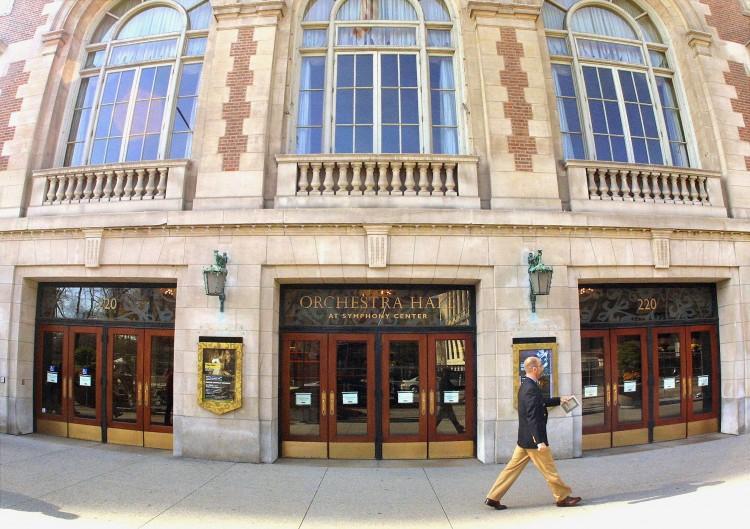The Indiana Symphony Orchestra is nearing its sixth week of canceled concerts. The Musicians’ Union (MU) made its best offer yet, but administrators are demanding more sacrifice.
Big budget shortfalls have meant hard choices for many orchestras across the country. Contracts with fewer players and pay cuts for the ones that remain finally ended the Atlanta Symphony’s bitter labor dispute.
It took a walkout at the Chicago Symphony Orchestra (CSO) for the MU there to get the deal it wanted. Resolution was swift to avoid missed performances, but the agreement came with some pain.
“These were difficult and exhausting negotiations,” said Steve Lester, chairman of the CSO Members Committee in a statement. “In order to continue to serve our audiences and to keep providing the very best in the art form of orchestral music, both sides had to compromise.”
These are tough times to be running an orchestra, and according to Michael Wilkerson, professor of arts administration at Indiana University’s School of Public and Environmental Affairs, without substantial changes there will be more pain to come.
“It’s starting with symphonies, but we'll probably see it in opera theaters, art museums, big theater companies, and lots of other things,” Wilkerson said. “This is just the beginning of this phenomenon unfolding.”
Arts funding is not what it used to be, and things have only gotten worse since the recession. With even less money than before, there is little room to make cutbacks.
“An orchestra is an orchestra because it’s a certain size, and the music is the music—you can’t play the Beethoven piece any faster, and you can’t play it with fewer players,” said Wilkerson. “You can cut this and cut that, but you still need to put a whole orchestra up on stage in a hall with excellent acoustics. That’s just what you have to do.”
Despite challenging times, Wilkerson believes that there is hope.
He recently wrote an article promoting new ideas for arts funding, and he said that the symphonies making the headlines are based on old models that cannot keep up in the new environment.
However, there are innovative examples they can look to.
One such example can be found in Los Angeles. At a time when so many orchestras are struggling to survive, the Los Angeles Philharmonic thrives, and many credit CEO and President Deborah Borda for the philharmonic’s success. Under her command, musicians at the Phil enjoy some of the best labor contracts in the country.







